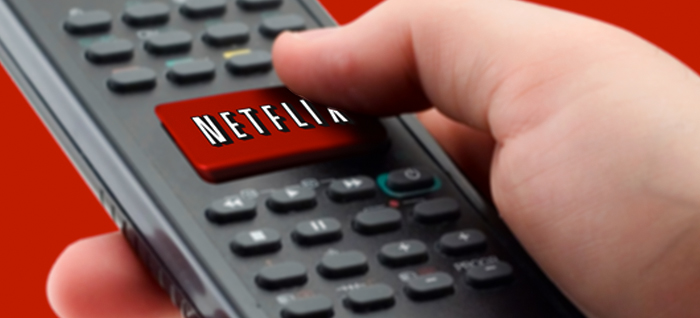Netflix is in the early stages of negotiating with U.S. cable providers to make its online streaming video service available as an app through their set-top boxes, says a Wall Street Journal report. If a deal goes through, it will mark a major victory for Netflix, signifying that it has changed viewer habits so much that cable TV operators can no longer afford to ignore it. We’ve emailed Netflix for comment.
The report comes a month after a similar deal was announced with U.K. cable operator Virgin Media. That agreement allows Virgin Media’s 3.8 million customers to search for Netflix shows on the same on-screen guide used to look for cable TV programs.
Netflix has positioned itself as a less expensive alternative to cable TV for viewers who want on-demand television, and the deal is one way for cable providers to avoid losing more customers to the service. A potential boon for cable operators in a deal with Netflix, however, is that Netflix users may be willing to shell out for faster broadband connections. Cable operators may also be able to leverage Netflix’s library of old TV shows in negotiations with channels for lower carriage-fees (dispute over the fees has led to major channels being blacked out in some markets).
The deal would allow viewers to access Netflix through an app in newer set-top boxes provided by cable operators, meaning that they don’t have to connect their television to the Internet. This means they can skip the step of setting up devices such as Chromecast, Xbox consoles or Apple TV.
A potential obstacle in the negotiation is the fact that Netflix wants cable operators to use technology in its Open Connect program, which is designed to improve delivery of streaming video. This means that Netflix would connect special servers directly into broadband providers’ networks. The WSJ report says that Comcast, Time Warner Cable, AT&T and Verizon Communications have declined to use Netflix’s technology because they are concerned it would lead to other online services asking for special treatment. The cable providers also insist that their broadband networks are already capable of handling Netflix traffic (an important point to reiterate if it wants customers to pay extra for speedier connections).
